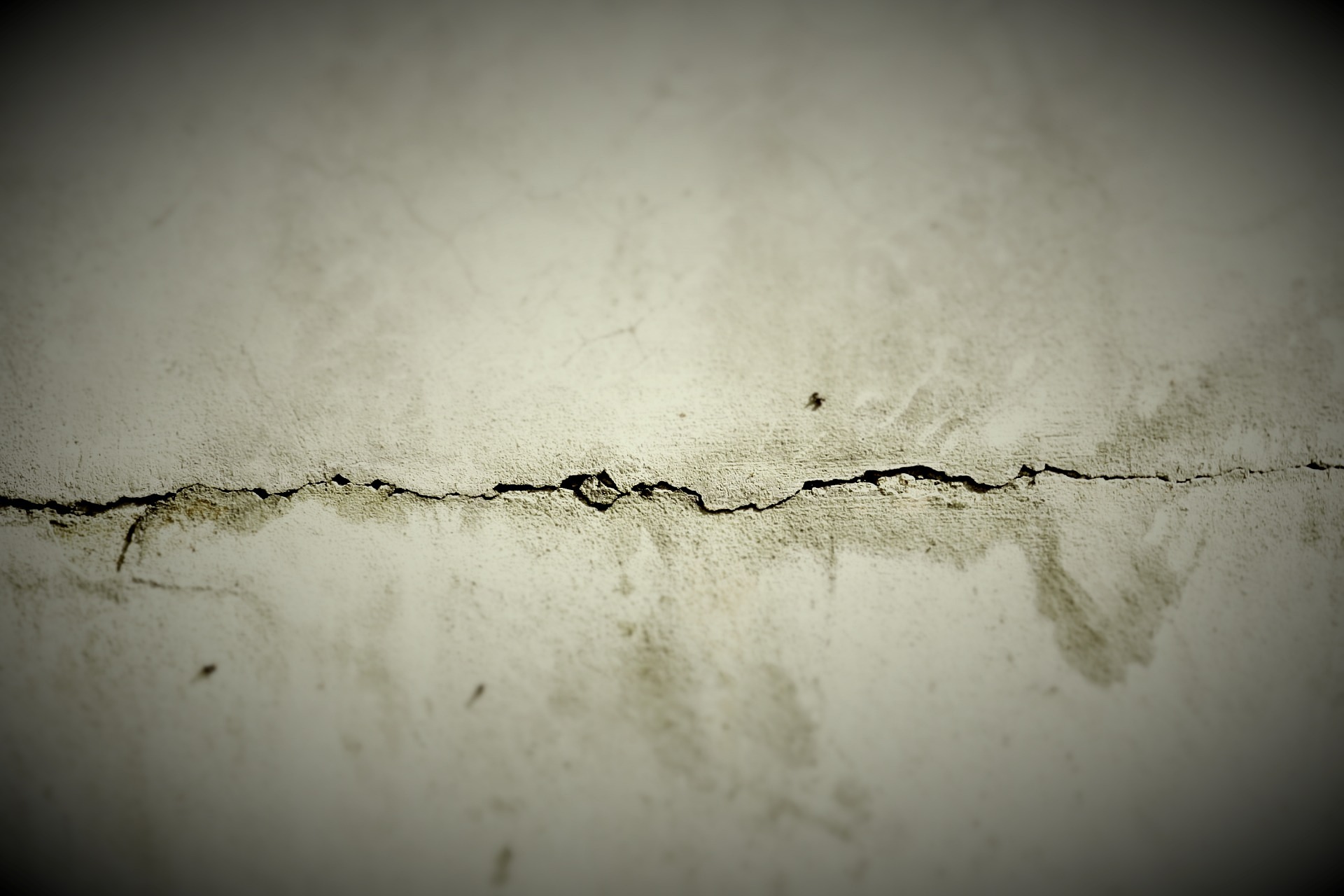Concrete Crack Repair: Essential Guide for Property Protection
Concrete crack repair is a crucial step in protecting any property from long-term damage. Even small cracks can allow water, dirt, and pests to seep in, leading to structural weakening, costly repairs, and reduced property value over time. Addressing cracks early not only restores the strength and appearance of concrete surfaces but also prevents more serious issues like foundation damage and erosion. With the right repair methods, property owners can extend the lifespan of their concrete and safeguard their investment.

How Concrete Crack Repair Restores Safety and Prevents Costly Damage
Concrete cracks develop due to various factors including settling, temperature fluctuations, excessive loads, and natural aging. When water penetrates these openings, it can freeze during cold weather, expanding the crack and creating larger structural problems. This cycle accelerates deterioration and can compromise the load-bearing capacity of concrete elements.
Proper crack repair restores the concrete’s ability to distribute weight evenly and prevents moisture intrusion. By sealing these vulnerabilities early, property owners avoid costly foundation repairs, basement flooding, and potential safety hazards. The repair process also helps maintain property values by preserving the structural soundness that buyers and insurance companies examine during evaluations.
Modern repair techniques use specialized materials that bond chemically with existing concrete, creating repairs that are often stronger than the original material. These solutions address both the visible crack and the underlying causes, providing long-term protection against future damage.
Discover Effective Methods to Fix Cracks in Concrete Surfaces
Several proven methods exist for repairing concrete cracks, with the choice depending on crack size, location, and underlying causes. Injection methods work well for structural cracks, using epoxy or polyurethane materials that penetrate deep into the fissure. These materials cure to form flexible or rigid bonds depending on the specific product selected.
Surface sealing techniques apply specialized compounds over wider cracks or areas with multiple small fissures. These methods create waterproof barriers while allowing for some structural movement. Routing and sealing involves cutting a reservoir along the crack path and filling it with appropriate sealant materials.
For severe damage, complete section replacement may be necessary. This approach removes compromised concrete and replaces it with new material, ensuring proper bonding with existing structures. Professional assessment helps determine which method provides the most effective and economical solution for specific situations.
Protect Your Property with Professional Concrete Crack Repair Solutions
While DIY crack repair kits exist for minor surface cracks, professional services offer distinct advantages for significant structural issues. Experienced contractors possess specialized equipment for injection repairs, including high-pressure pumps and professional-grade materials not available to consumers. They also understand building codes and can identify underlying problems that cause recurring cracks.
Professional teams conduct thorough assessments before beginning repairs, examining soil conditions, drainage issues, and structural loads that contribute to crack formation. This comprehensive approach addresses root causes rather than just symptoms, providing more durable solutions.
Licensed contractors also provide warranties on their work and carry insurance protection for property owners. Their experience with different concrete types, ages, and environmental conditions helps ensure appropriate repair methods and materials for each specific situation.
| Service Type | Typical Cost Range | Duration | Best For |
|---|---|---|---|
| DIY Crack Repair Kit | $15-50 per kit | 1-2 hours | Minor surface cracks under 1/4 inch |
| Professional Surface Sealing | $300-800 per project | Half day | Multiple small cracks, preventive maintenance |
| Epoxy Injection Repair | $400-1,200 per crack | 1-2 days | Structural cracks, basement walls |
| Complete Section Replacement | $800-3,000 per section | 2-5 days | Severe damage, multiple large cracks |
Prices, rates, or cost estimates mentioned in this article are based on the latest available information but may change over time. Independent research is advised before making financial decisions.
Understanding When to Schedule Crack Repairs
Timing plays a crucial role in effective concrete crack repair. Small cracks that appear shortly after concrete installation may indicate normal curing shrinkage and require minimal intervention. However, cracks that continue growing, show signs of movement, or allow water penetration need immediate attention.
Seasonal considerations also affect repair scheduling. Most repair materials require specific temperature and humidity conditions for proper curing. Spring and fall typically provide optimal conditions, while extreme summer heat or winter cold can compromise repair quality.
Property owners should monitor existing cracks regularly, measuring width and length changes over time. Sudden increases in crack size, new cracks appearing near existing ones, or signs of structural movement indicate urgent repair needs that shouldn’t be delayed.
Understanding concrete crack repair fundamentals helps property owners make informed decisions about maintenance and repairs. Whether choosing professional services or appropriate DIY solutions, proper crack repair protects investments, ensures safety, and prevents minor issues from becoming major structural problems. Regular inspection and prompt attention to crack development maintains concrete structures effectively while minimizing long-term costs and complications.




